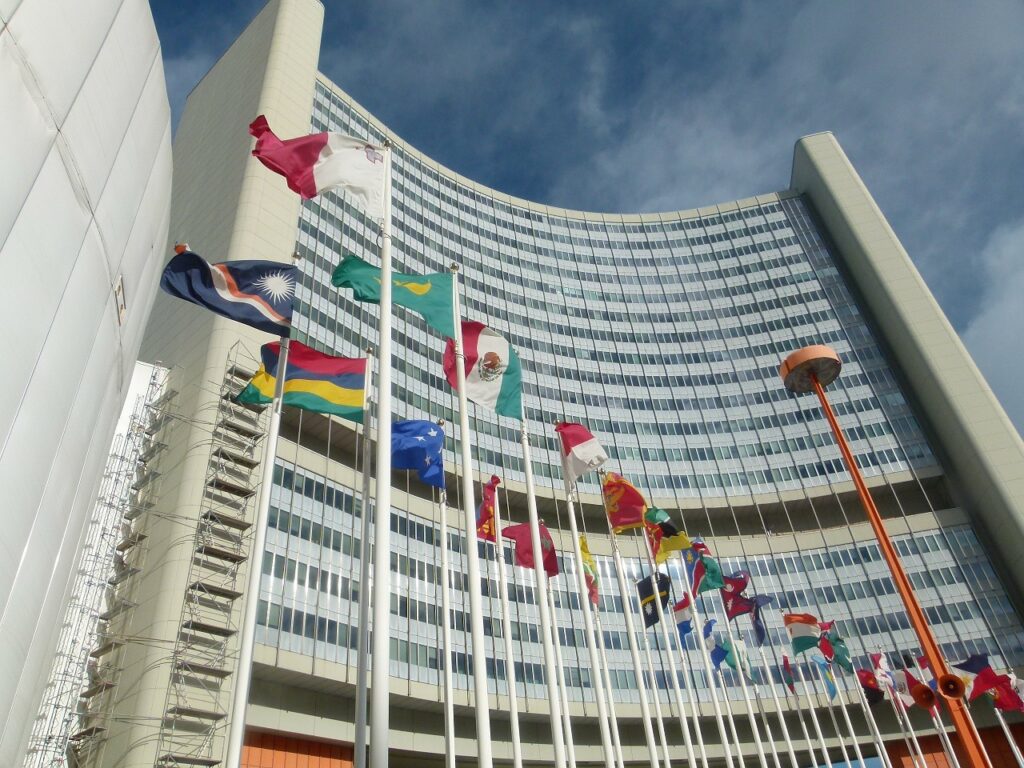HELP YOUR STAFF MASTER INTERNATIONAL BUSINESS ETIQUETTE

04/28/2008 — Don't let your employees make social or cultural blunders abroad. Read advice on avoiding the most common mistakes. By Valerie Van Kooten
Doing business internationally is more possible than ever thanks to the
Internet, PDAs and fax machines. Chances are, your company is
expanding into international markets or is considering it in the near
future.
But how do you keep your employees from unintentionally giving your
company a bad name just because they don’t understand the culture
they’re working in?
Sometimes the simplest things can be misunderstood when working with
other cultures. Here are a few “red flags” from the World Citizens Guide,
published by the National Business Travel Association and Business for
Diplomatic Action, a N.Y.-based organization that works to mobilize the
United States business community in programs that will improve the
reputation of the U.S. around the world:
Try to speak a little of the language.
It is not insulting to
mispronounce a word or make a mistake. Even if it’s only “hello” and
“thank you,” the effort will be appreciated.
It is okay to talk with your hands but make sure you know what you’re saying. Gestures are a
powerful means of communication in any culture and are obviously easier to learn than the language
because they come naturally. But be aware that a gesture in North America might have a totally
different meaning elsewhere.
Slow down. Americans talk fast, eat fast, move fast and live fast-paced lives. Many cultures do not;
time is understood differently around the world. Instant solutions, immediate satisfaction and short-term thinking are often not as important as learning about a new culture.
Shannon Smith, president of Premiere Image International in Toronto, a company that consults with
businesses on international etiquette, and author of Power Manners, says many cultures are not interested in talking business until they
know you as a person. “We think we’re going to go in there and have a deal sewn up in a week,”
Smith says. “But they might be more interested in, ‘How are we going to have a relationship with this
person in 30 years?'”
Think locally. Try to find a few topics that are important in the local popular culture. Learn a few
names of pop singers, actors, TV personalities, or sports heroes. Remember many people in the world
have little interest in the World Series or the Super Bowl, so talk about topics others can relate to.
Show your pride, but respect theirs. People may show a lot of interest in American culture, but
that doesn’t mean they feel less proud of their own country and culture. Be proud of your country, but
remember it’s not the only one. Remember to ask people what they enjoy about their own country,
and be sure to share complements about their country as well.
Training Employees
Letting employees blunder into a situation and “learn from experience” is a sure-fire recipe for disaster.
The key is training your employees before they work internationally. Where can you go for training and
research?
The Internet.
The Web sites for the National Business Travel Association and Business for Diplomatic Action
both offer tips for working with different cultures. Online courses are available that give
employees a certain amount of time to log on and finish the course. Employers can track employees’
progress and final scores.
Experienced employees
Companies will make good use of employees and their family members
who have experience working abroad. Bring in those employees for training sessions or assign them as
mentors to employees who will be finding themselves in similar situations. Have mentors put
employees in situations they might face. For example, have a mentor take an employee out for dinner
and walk her through the dining etiquette that she should expect. You could also have the mentor and
employee role-play introductions or small talk that would be acceptable before a meeting begins.
Consultants
Many organizations, including Business for Diplomatic Action, present one-day total
immersion seminars for company personnel. These organizations will bring experts to your place of
business for a short, intense training experience.


